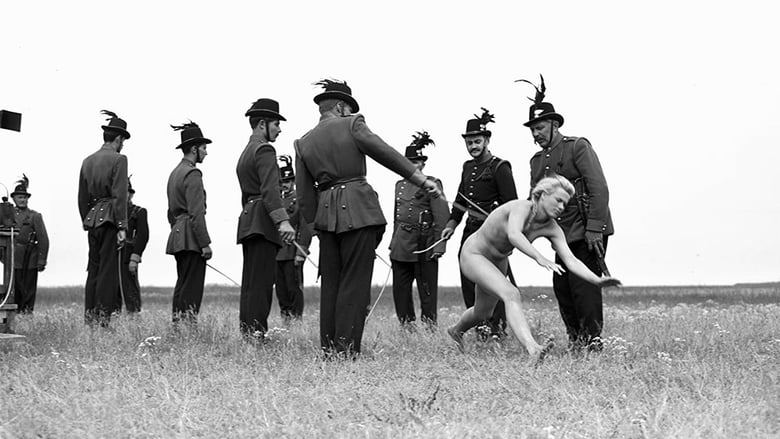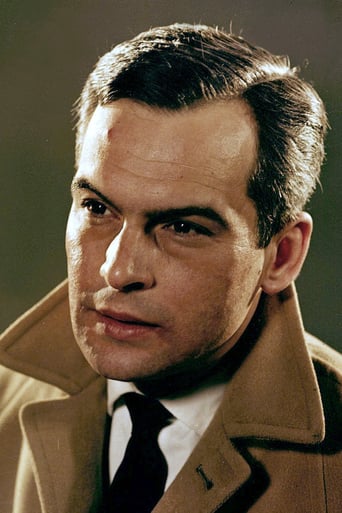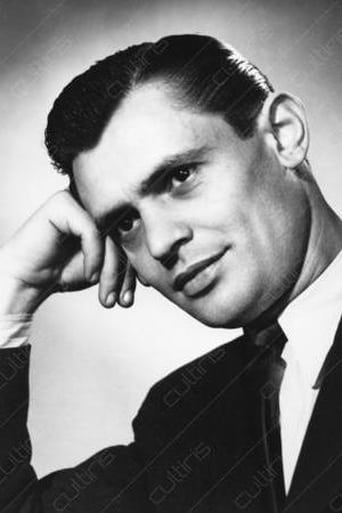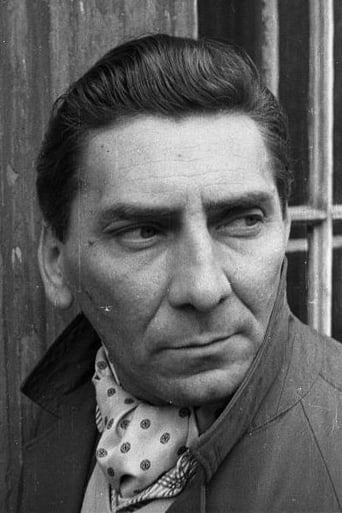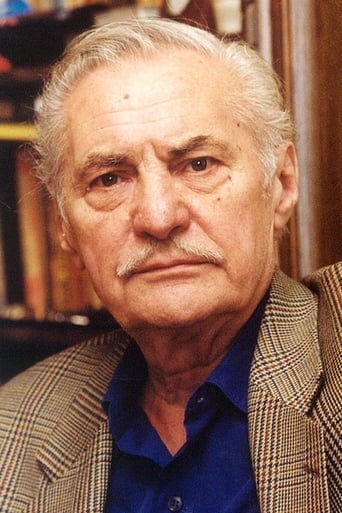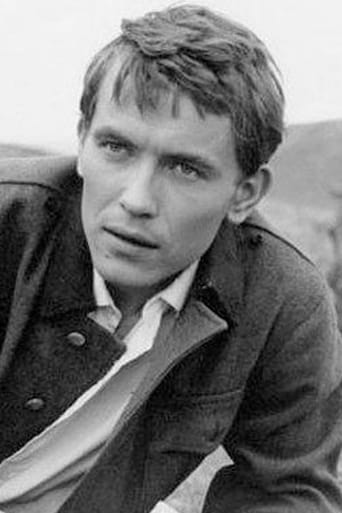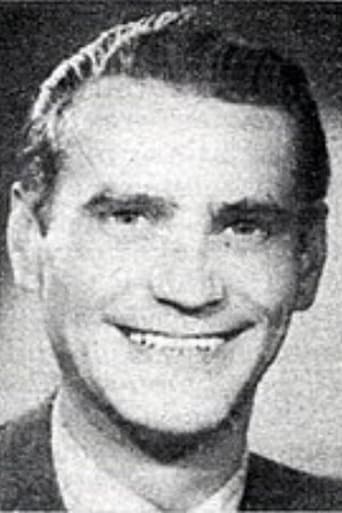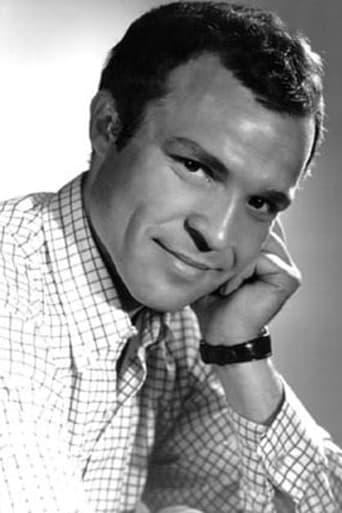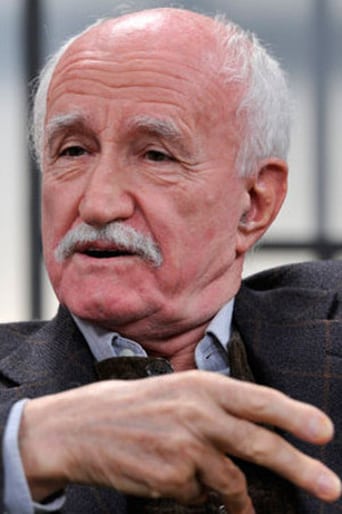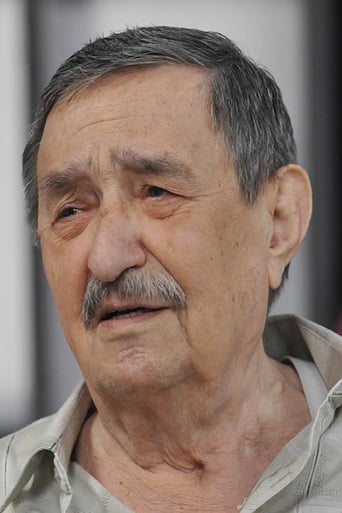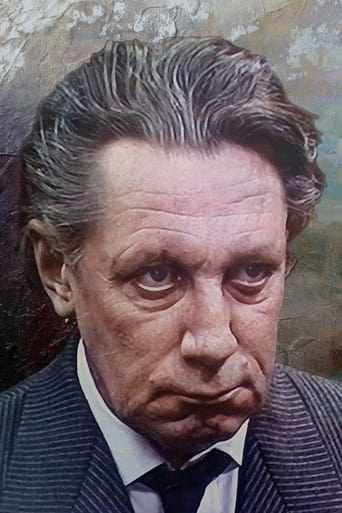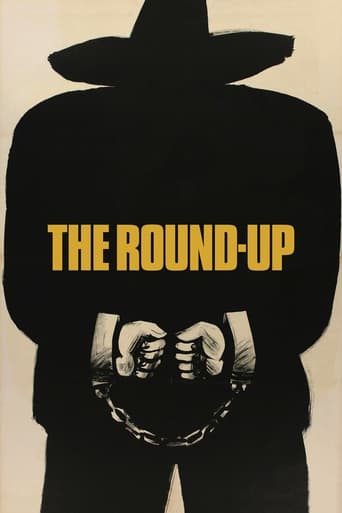
After the failure of the Kossuth's revolution of 1848, people suspected of supporting the revolution are sent to prison camps. Years later, partisans led by outlaw Sándor Rózsa still run rampant. Although the authorities do not know the identities of the partisans, they round up suspects and try to root them out by any means necessary.
Similar titles
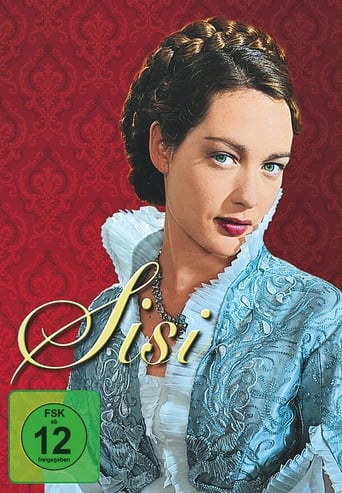
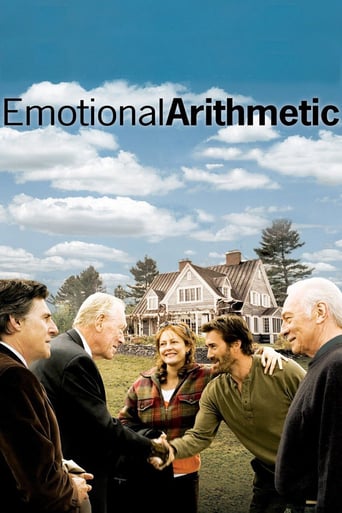
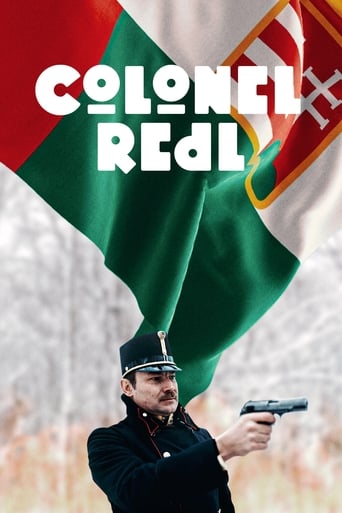
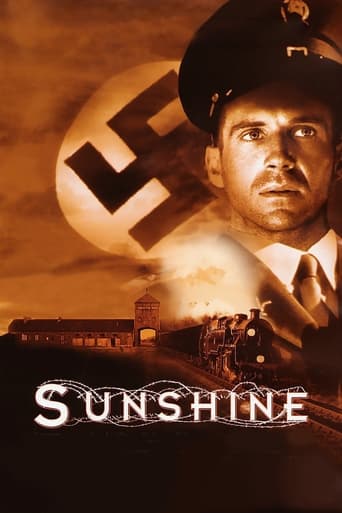
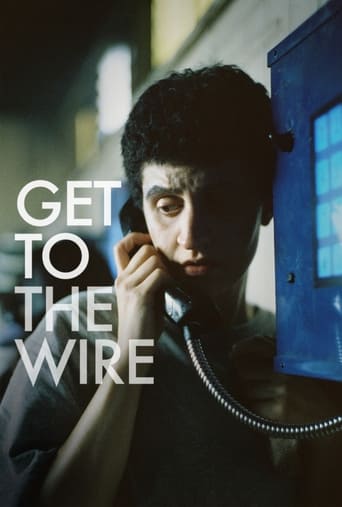
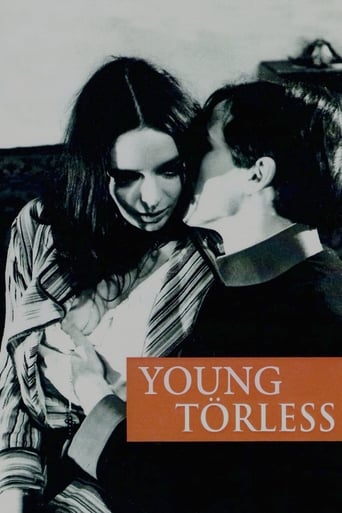
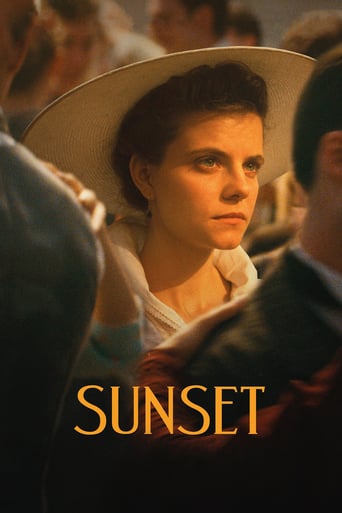
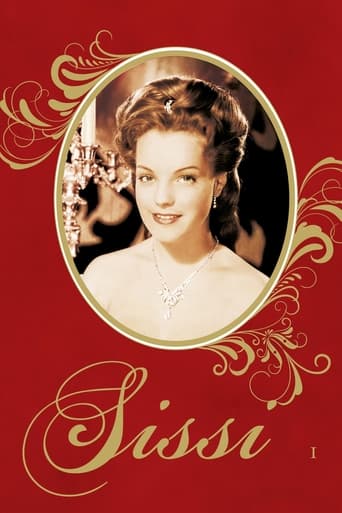
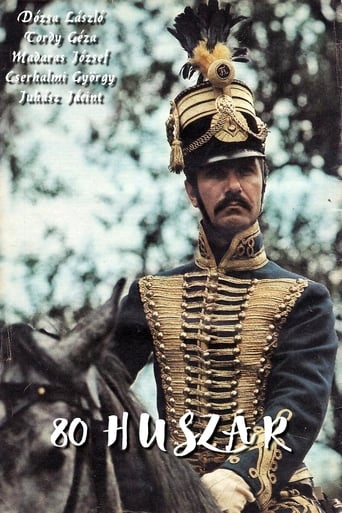

You May Also Like
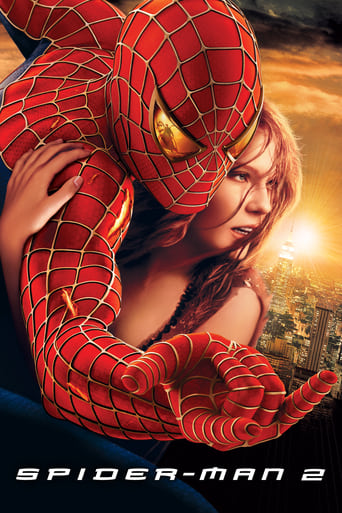

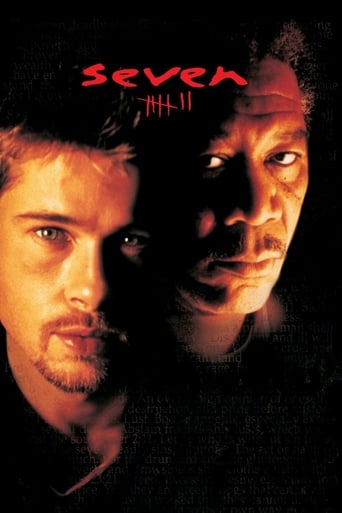
Reviews
Such a frustrating disappointment
just watch it!
If you like to be scared, if you like to laugh, and if you like to learn a thing or two at the movies, this absolutely cannot be missed.
It's a movie as timely as it is provocative and amazingly, for much of its running time, it is weirdly funny.
Jancso, a Bolshevik film mentor and beneficiary of state interventionism in the arts in Hungary during the Iron Curtain period, literally followed the classic "September Protocol," i.e. the theoretical, Manichaeist dogma of the Stalinist Era laid out by Zhdanov and then adopted by the Communist Parties on a global scale. The first step in Leninism, after the Bolshevik Revolution of 1917, was to establish, through censorship and state sponsorship, the complete control of cultural production with the aim of destroying Western thought ("Bourgeois or burzhooi", they called it) based on Jewish- Christian prophecies as well as on Roman law and Greek philosophy. In fact, all red cultural policies were born out of such distortions, namely: totalitarian Zhdanovism, engaged art, demented Gramscism, tenets of the Frankfurt School, Mao's destructive Cultural Revolution and so forth, not forgetting the message that every dictator used to state in the congresses of the communist militancy about the promotion of cultural production: "Comrades, anything for the sake of the Revolution, nothing outside the revolution!" But ¨the Round-up¨ is much more and much less than this, it is an unbearable parade of long shots where each image seems to reflect the hatred that this mediocre director always nurtured against the Austrian-Hungarian Empire.
Jancso does it. When Jancso does it, it's a mixture of getting it right and perceptibly missing, both at the same time. He is not perfect, nor seems to strive for it. But he surely has some of the best ideas about films in all of cinema. In the actual films, it seems as if you are watching pure intuition, the sketch rather than the finished film. I am saying this as a good thing. He sculpts in air, most do in marble.He gets just the last note off here, so you leave this thinking of the ways you would do it - a good thing again. It is the scene of betrayal of the whole rebel troop (until then in disguise), which he does in a rather awkward manner.But what powerful devices before that!The main setting is a forced labor camp in the middle of nowhere. We start with a 'real place', the white stucco on adobe walls reflecting barren sunlight. This is gradually abstracted into something else, by repetition and time. It is done so well, it deserves to be studied.The place as the totality of existence: there is no way out, people languish in mindless work and routine, having to please a higher moral authority that decides life and death. Love is always kept at arm's reach. They are all sinners in that place, most of them murderers. It is a bleak view of life, very Hungarian, but you can work with it. A man who must find another prisoner to take his place in the executioner's scaffold, someone worse than him. Someone who has killed more. He does the rounds of the place pleading with officers, cajoling, betraying, a spineless coward despised by everyone. A second man who in order to be set free, has to convince he is not someone else and is betrayed by the first as that person.A father and son playing a game of storytelling chess with the prison warden.So much is handled in just the right way here, I had to hold my breath. The point is that there is no way out of life, except dead. And there are different ways to go, some of them more dignified. The only certain thing is that we all have to go, and you get to see the pain and humiliation of clinging to life that is transient. There is no glory to this, just the way it has to be. Everything else are games that pass the time, storytelling, fiction, deceit and ritual - see if the same invented rituals and thrills do not resurface across poker tables and the films we see.We are eventually unsure if the scoundrel really was guilty, or merely framed. We are unsure if the other man is not who he says. Whether father or son strangled him. Whether or not the rebel leader was among the group.We are in the dark about pretty damn near everything - except that games have been played, with the losers removed from the cosmic round.
With these early films of Miklós Jancsó (people don't realise he's still making films, with one slated for 2009, and his technique is now totally different) where he shows dehumanised power systems, there's always a dual interest for me. You get the kind of political comment, but you also get the love of nature as a counterpoint, I think one observer noted of the Red and the White, that the main character was the river Volga. Perhaps he's proffering country walks as an alternative to power games, as wise a suggestion as any you'll see in a film.Anyway in the Round-up we have a whitewashed stockade out on the Hungarian plains. One Count Gedeon Radey has been given the task by the "Apostolic Emperor" of rounding up all the bad sorts, the outlaws. This is back in the late 1800s, we are led to believe that the monarchy has become ignorant and hard-hearted to the populace in the countryside, banditry and revolt foment. Radey interns all these "bad sorts" in the stockade. He wants to find out which of them are undesirables, which he does through a series of psychological games. It's reasonably clear that all the men rounded up aren't ignorant thieves, one for example has travelled extensively and speaks four languages.It's almost fetishistic the setting, you've got an achingly beautiful shimmering plain of grass that reminded me of when I was a child, strange sensations linked to nature and story-telling. Then you've got all these military men with their advanced piping, tabs, epaulets and sabres. The wild birds are trilling throughout the entire film, except at night when the cicadas chirp. The wind flutters the black feathered cockades on the hats of the officers. You can feel the flaming June heat radiate off the whitewash. Jancso appears to have fetishistically had the sets reconstructed from drawings in historical documents, along with a gibbet that Pasolini would have been proud to display in Salo.We see for example a man being lead out of solitary confinement, a soldier asks him his name, and the man replies "You already know, Varjù, Bèla" the soldier replies almost lovingly, "Ah yes, Bèla Varjù, you've had many a beating from me haven't you?". Horses ride in circles, men are marched in circles, insanity abounds. The film is basically an exercise in dehumanisation. For me it's not offering much in the way of commentary, unlike the Red and the White which is setting out the aleatory nature of war. The Round-up is perhaps a protest about what went on in the past, an ode to the dead who died for a free Hungary.The important person in the film is Lajos Kossuth, although you'll never see him. He is one of the famous personages in Hungarian History. He became famous via a series of letters he wrote that were very well received whilst he was a deputy to a Count at the National Diet. He was a liberal of note, he wanted an end to feudalism, and he wanted taxation of the aristocracy, and to remove their right to pass their lands and castles and such like on from one generation to the next without taxation. Anyway he had an interesting life which I'm sure you can read about elsewhere. And his was the spirit of the majority of the interned, although there were brigands too. I think it's key to understand history in the movies of Jancsó, otherwise, in this case you might be led to believe that all the prisoners are simply bad people.Radey, I believe is only seen once in the film, but he stands against the spirit of Kossuth and behind the "apostolic emperor".This is not a nasty film in the sense that it doesn't stand up much to the level of horror you would see in a modern exposition on the same subject, or anything like the torture porn of current sensation. That for me I think is a good thing. There is one scene though of terrible evil genius. Every day womenfolk are allowed to come to the stockade and deliver food for the prisoners. One man who is threatened with strangulation unless he turns informant peaches to the authorities that one of the women is in league with a rebel leaders (she is probably his sweetheart). It is arranged for many of the rebels to be sat high atop the stockade wall (perhaps 50ft high). They are then forced to watch this women whipped to death as she runs down a corridor of sadistic soldiers on the open plain. It is too much for three of the men who plunge head first down to their deaths. The techniques of the Radey and his soldiers are ingeniously cruel, they make you complicit in your own demise and the demise of comrades, they bewilder you. It may surprise you that throughout the entire film the soldiers appear almost gentle.Obviously, essential watching.
I have made of this most notable of Hungarian films a personal holy grail ever since I laid eyes on an illustrated two-page spread found in an old British magazine of my father's entitled "The Movie" – and now, over 20 years later, I have finally managed to track the thing down and, thanks to the valiant R2 DVD label Second Run, add it to my ever-increasing eclectic home video collection. For the record, despite knowing of its imminent release on DVD, I was seriously contemplating traveling to London for last week's big-screen showing of THE ROUND-UP at the Curzon Mayfair (with Jancso' in attendance, no less) – but, alas, it is just as well that I didn't go because of what occurred over here a couple of days prior to the event: a tragically unnecessary death in the family which, worse still, turned into a national tragedy (with long-term social and legal repercussions to boot). But life, pitiless and unjust as it is, has to go on and, slowly but surely, I have now jumped back into my old routine of film watching and reviewing... Although there have been other noteworthy Hungarian film-makers before (Paul Fejos) and since (Istvan Szabo), Miklos Jancso' is still perhaps the most important. Ironically, while he was the first one I personally became aware of, my viewing of THE ROUND-UP has actually been my very first encounter with his work – although, now that the first step has been taken, it will be followed by three more in a few days' time. Sometimes it can happen to a film buff that the actual experience of watching the movie, about which one has heard a lot and eagerly longed for, turns out to be underwhelming but, thankfully, this has not proved to be the case for me with THE ROUND-UP. Indeed, the phrase "unlike anything you've ever seen before" is often freely banded about by unimaginative film reviewers – but this description is unquestionably apt when applied to Jancso''s masterpiece.In that enticing and insightful article I mentioned above written by Jancso''s first assistant director on the film itself (and which I immediately re-read upon the film's termination), it is stated that while THE ROUND-UP was based on factual events which had taken place in Hungary in 1869 and could have easily been shot on the actual locations of castles and fortresses, Jancso' sought a different visual approach altogether with regards to sets and costumes – "half-way between reality and abstraction", as he brilliantly puts it. Since I found myself wholeheartedly agreeing with other observations he made on the film, I don't see why I can't quote him some more: "It has a coherent, easy-to-read story – comprehensible at a single viewing – and at the same time a deep, intellectual, almost abstract parable".The abstraction being alluded to is not restricted to visual (literally, black and white) terms alone – where the stark whiteness of the prison-fortress walls and the hooded Hungarian convicts memorably contrast with the black capes and uniforms of the Austrian oppressors – but also to its very narrative style: while it becomes clear early on that the subject of the relentless interrogations is the identification and capture of legendary rebel leader Sandor (who never actually appears in person but whose presence permeates the entire film), people appear and disappear with insistent frequency and, although there are definite characters which take precedence over others, there is no true main central figure one can clearly identify with and root for.Thematically, it is oppression and degradation which are the key elements: right from the animated prologue at the start displaying a succession of torture devices, we later watch men made to stand in the rain and a woman stripped naked and whipped to death with canes (the sight of which sends her despairing spouse leaping to his death). But the oppressors' ultimate weapon of humiliation is treachery: through vain promises of instant freedom, prisoners – and, at one point, a grieving mother and, later still, father and son – are repeatedly induced to betray one another (via abrupt, silent motions) but, instead of liberty, they are rewarded with a bullet in the back, the retribution of their own people and, in the supremely ironic finale, cold-blooded mass extermination. In this context, the character of Gajdor is especially poignant (and even amusing in a blackly comedic way) as he pathetically keeps reminding his captors that, even though he has already fingered several worse criminals than himself, he is a prisoner still. Interestingly, this paradox can also be applied to the ingenious location of the prison-fortress (within which practically the whole film is set) – rebuilt specifically for this production in the middle of uninhabited plains that stretch as far and wide as the eye can see.Miklos Jancso' is renowned for his rigorous visual style and, even from this one sampling of his work – albeit that which is generally perceived as being his chef d'oeuvre – to say that I was rightfully impressed would be putting it mildly. The constantly moving camera, on the one hand encircling the prisoners as if it was one of them and encompassing wide vistas of soldiers astride their horses on the other, necessarily limits the utilization of close-ups to the barest minimum – as if purposefully adopting the impassive stance of an historical observer. For this viewer, it literally wove a mesmeric spell the likes of which I have only experienced once before during a movie – Robert Bresson's A MAN ESCAPED (1956) which, perhaps significantly, also deals with incarceration.
Top Streaming Movies











